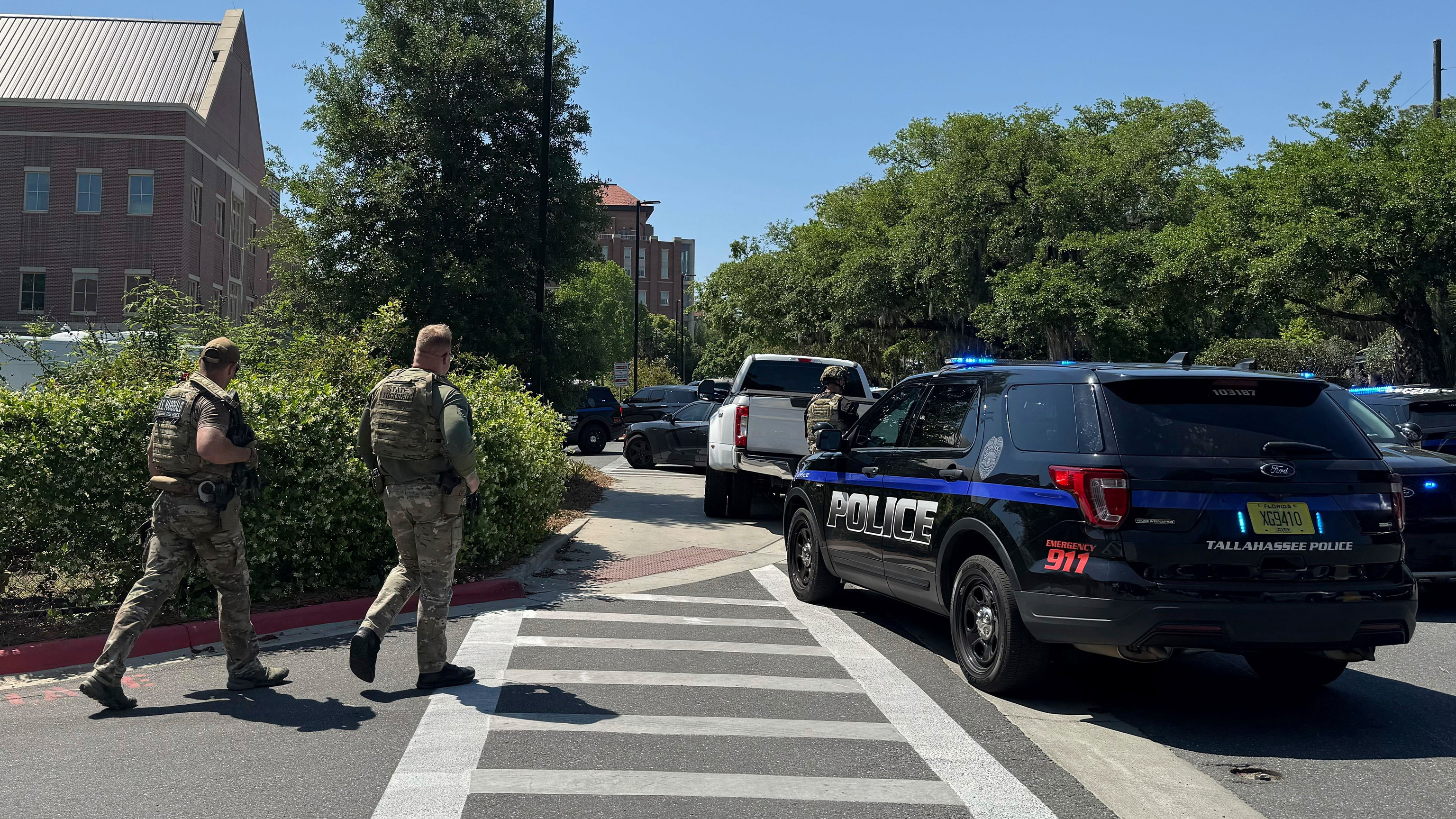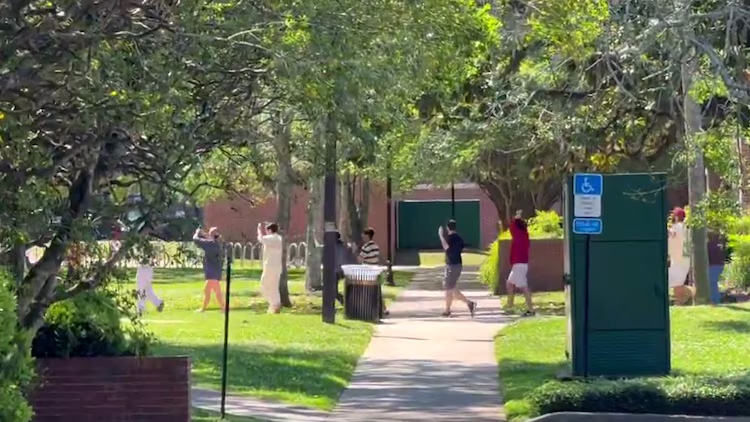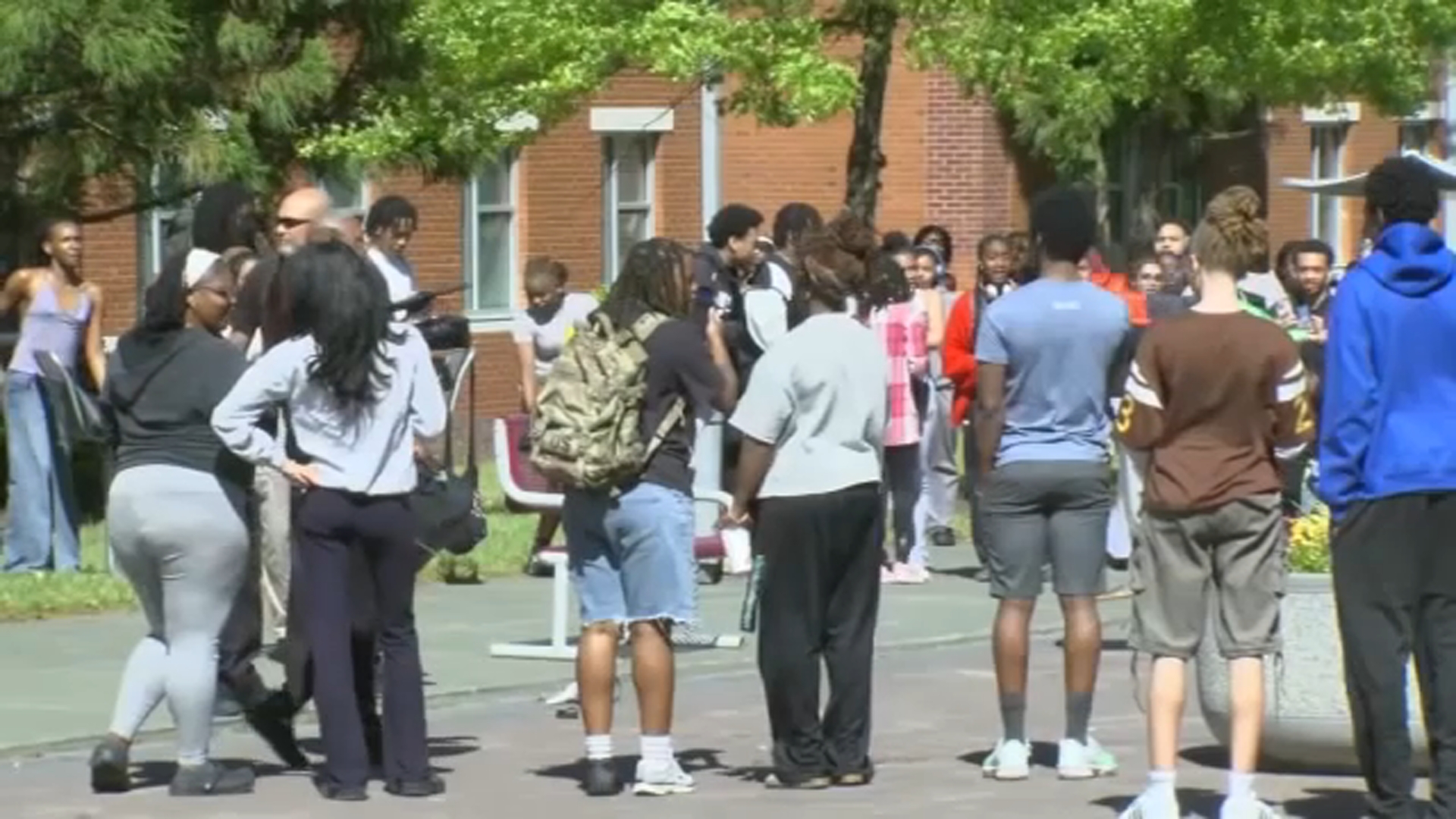Advocates push for acceptance on National Black HIV/AIDS Awareness Day

RALEIGH, N.C. (WTVD) -- Thomas Clodfelter grew up in a small, rural North Carolina town in Davidson County. Thirty three years ago, he received news that would change his life.
"I went to the local BBQ festival and donated blood. Six months later, I got a certified letter in the mail informing me to go to the local health department. When I went, the nurse informed me that I had been exposed to HIV," he said.
According to Clodfelter, people back didn't know much about human immunodeficiency virus and there were no resources in the county to treat HIV. He chose to walk in his purpose by becoming an HIV advocate.
"That was one of the main reasons I left Davidson County. I felt that if I had of stayed there, I would have died," said Clodfelter. "I got it from my grandmother. I've always been strong and able to withstand the utmost. I've been through it all."
Monday marked National Black HIV/AIDS Awareness Day. While data from the CDC shows that progress is being made with HIV diagnoses decreasing among African Americans between 2015 and 2019, advocates say there's still work to do. In 2019, Black people made up 13% percent of the population but accounted for 40% of people living with HIV. Black men make up most new cases.
"We should really push for more acceptance of same-sex partnerships in the black community When you keep it to yourself, you don't talk to others about it and you don't seek help. And so, you don't have the knowledge you need to navigate this world," said De'Shea Coney with NC Aids Action Network.
According to the CDC, there are many challenges that put African Americans at higher risk for HIV. They include social and economic issues, with some living in impoverished communities with no access to prevention services. Other factors include racism, HIV stigma and homophobia which affect status and treatment options.
It gives people like Clodfelter on the frontlines of this fight the will to keep advocating.
"It's your choice. You reap the rewards or the consequences of it," he said.







